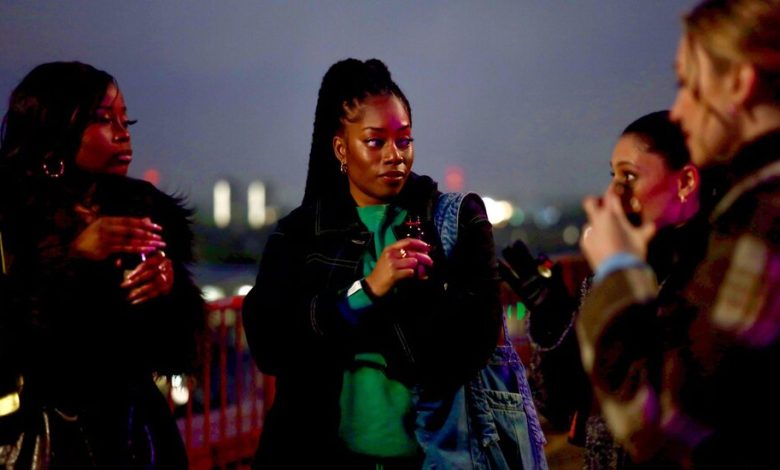‘Queenie’ Captures Black British Womanhood, in Its Mess and Glory

In 2022, British television producers released an open casting call, looking for a Black full-figured woman, aged 22 to 30, with a London accent.
Thousands of people sent in audition tapes, hoping to land the role of Queenie Jenkins, whom many in Britain already knew as the titular character in Candice Carty-Williams’s best-selling debut novel.
Carty-Williams, who was also the TV adaptation’s showrunner, knew that she was looking for an actress who could convey Queenie’s introspection. Dionne Brown — whom she had met during auditions for another show — had the right temperament. “Dionne is constantly thinking in a way that Queenie is,” Carty-Williams said. “You see her standing there and her head is whirring — that was important to me.”
“Queenie,” streaming on Hulu, is a coming-of-age story about the titular 25-year-old Londoner navigating the gulf, in love and life, between her reality and what she wants. She is a social media assistant at a newspaper, but has ambitions to write meaningful journalism; her relationship with her boyfriend is falling apart despite her efforts; and she wants carefree sex, but her encounters often leave her feeling disempowered.
All the while, Queenie grapples with her childhood trauma and how those experiences complicated her relationship with her mother. The show also explores how culture influences mental health issues: Queenie’s background as the descendant of Jamaican immigrants, her religious upbringing and British society’s emotional repression converge, Carty-Williams said, to create “the Holy Trinity of how to have a nervous breakdown.”
When Brown read the script for the eight-episode adaptation, she found Queenie instantly relatable, thinking, “Oh my gosh, I didn’t know other women felt like this,” the actress said recently in an interview. “There was a lot of truth in a lot of the dialogue.”
